Government ministers and members of the Parliament have claimed that the international community’s worry over security and human rights is a plot against Burundi.
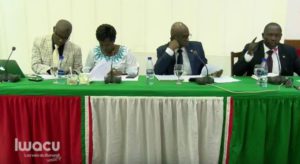
The panel of the ministers
Four government ministers in a Q&A session with two parliament commissions have claimed anew on Wednesday that Burundi is victim of a conspiracy by some western powerful countries and international organisations that covet its raw materials.
The countries are accused of having sought to destabilize Burundi through Burundians who attempted to overthrow the government. Neighbouring Rwanda was further accused of complicity in illegal traffic of coffee and minerals as a means to suck Burundi’s raw materials.
The Parliament Peace Commission in charge of political and governance questions and international relations, and the Peace Commission in charge of justice and human rights had organised Q&A session with four ministers.
The panel included the ministers of Home Affairs, Foreign Relations, Justice and Human Rights.
The commissions asked questions mainly claiming the international growing concern over human rights violations and security, and fear of genocide are a pretext for an ongoing plot to create havoc. The chaos will allow the powerful countries to set up a puppet government that will watch as they “steal” Burundi’s riches especially its minerals.
Minister of Home Affairs, Pascal Barandagiye, says “foreign powers use democracy as a weapon to overthrow governments they don’t want”. He uses the 2015 mass protest against President Pierre Nkurunziza’s bid for a third term that culminated in a failed coup attempt as such an example.
When the coup failed, many of the suspected organizers and their supporters fled to Rwanda, Belgium and other countries. Burundi has issued arrest warrants that have not been taken seriously by foreign countries.
The government has also banned or suspended civil society organisations accusing them of having joined the effort to delegitimize it.
The international community has expressed concern over human rights violations in Burundi. The government has refused to comply with resolutions made by the UN to intervene in Burundi.
Traditional donors have suspended their direct support to the government
As a response to sanctions by foreign powers, Barandagije says the government will seek to finance its budget by increasing taxes.
As for the Minister of Foreign Affairs, Alain Aimé Nyamitwe, the government has agreed to conventions and treaties that allow foreign powers to oppress it. He says Burundi has hastily signed the agreement without seeing the “traps” in them.
As a solution, Burundi will require therevision of the agreements specifically the articles 9 and 97 of the Cotonou Agreement. He claims the articles have been crafted in a way that allows foreign powers to oppress poor countries. “Those agreements contain many traps”, says Nyamitwe. “We will ask for their revision.”
The panel claimed human rights are also another pretext western countries use to achieve regime change. The Minister of Human rights, Martin Nivyabandi says “among the weapons the West uses are human rights organisations”.
He says the international community should understand that the concept of human rights is not “uniform”. “There are issues on which we agree and others like homosexuality on which we disagree”, says Nivyabandi.
He also says the international community should understand that people in Burundi may kill each other because they have conflicts, over land for example. Such incidents should not be used to show that the government does not respect human rights.
Nyamitwe admitted that not all what happened in Burundi can be blamed on foreign powers. There is no white person who came to distribute machetes and guns to every Burundians and told them to go and kill each other”, he says. There are ill-intentioned Burundians who murdered their countrymen and shed blood of many.”
He said if Burundians adopt responsible behaviour, love and understand each other, foreign powers will respect Burundi. If not “colonizers” will find a pretext to colonize Burundi again.

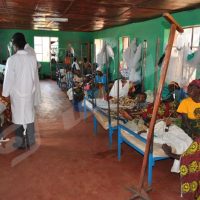
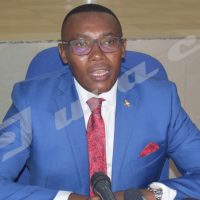
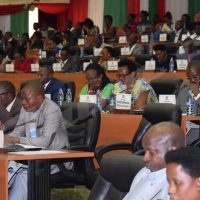
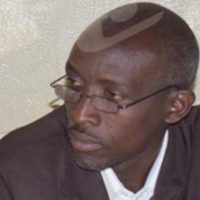
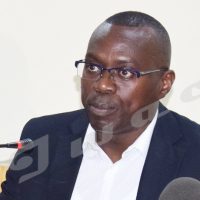













 IWACU Open Data
IWACU Open Data

